A Utah man, who had shouted that he wanted to “kill Mexicans,” has been sentenced to 20 years in prison for brutally beating a Latino father and his son outside their family tire shop in one of the state’s highest-profile hate crimes.
The sentencing Monday came five years after the 2018 attack, and after a long time waiting and fearing for Luis Lopez, now 23, who suffered the brunt of the assault.
Lopez said he finally feels some relief that it’s over. He and his siblings sat in the courtroom Monday and watched Alan Dale Covington quietly accept his prison term.
“It was definitely a bittersweet moment,” said Lopez’s sister, Veronica.
Both Luis Lopez and his father, Jose, have struggled with post-traumatic stress disorder from the attack in the ensuing years. While Luis has started to recover from some of that — rearing a son and opening his own food business called the Munch Plug — Jose has gotten worse.
He has closed his tire shop permanently and did not attend the sentencing.
“He unfortunately has had a harder time coping with the attack,” Veronica said.
(Francisco Kjolseth | The Salt Lake Tribune) Latino shop owner Jose Lopez, who was attacked at his Utah tire store, sits outside the federal courthouse in Salt Lake City on Friday, Feb. 14, 2020, where he has testified against the man who yelled, “I’m here to kill a Mexican.”
(Leah Hogsten | The Salt Lake Tribune) Luis Gustavo Lopez testified against Alan D. Covington, 50, Feb. 18, 2020, in the U. S. District Court in Salt Lake City.
Covington had been convicted in a February 2020 trial of three hate crimes for attacking the father and son, as well as threatening Angel Lopez, Jose’s brother, who also worked at the shop. Covington’s sentencing was delayed several times, though, over his competency to appear in court.
In addition to his prison sentence, which has already started, the 55-year-old Covington will be on probation for five years after he is released.
Covington was found guilty of attacking the family outside Lopez Tires, near 1600 South on Salt Lake City’s Main Street, in November 2018 while screaming he was there to “kill Mexicans.”
Jose and Angel were both born in Mexico. Luis Lopez claims that heritage and is a U.S. citizen.
On the day of the beating, Jose and Luis recounted they heard yelling outside of their office, and Luis went to check it out. There was a man in the courtyard, screaming slurs: “Are you f—ing Mexican? Because I’m going to kill a Mexican.”
Covington was there gripping a metal bar with both hands, they said. Police said he also had a hatchet.
Jose and Luis asked him to leave. Angel heard the commotion and joined them. The three of them tried to escort Covington off the property, but he became more aggravated, according to police reports and court testimony.
Luis ran to the shop to find something to defend his family, grabbing the handle of a car jack. As he approached Covington, trying to scare him off, Covington swung at him.
The first time, Luis was able to duck. The second time, the metal bar struck his face. Jose said he jumped in to try to shield the teen. Covington then hit Luis in the back until Angel eventually scared him away.
Luis has since had a titanium plate put in his face and has suffered memory issues. The father had eight stitches in his arm.
“This has destroyed my life,” Jose said in during the trial through a Spanish translator.
Family members said it was hard to see Covington again for the sentencing, but they hope this will be the last time they come face-to-face with him.
Veronica was disappointed that Covington did not appear remorseful and did not apologize. “It was definitely hard to see him,” she said, “appearing to be nonchalant about the whole situation while our whole family sat there having to relive that day once again.”
Covington was charged federally with the crimes at the time after prosecutors said Utah’s state hate crimes law fell short in the case. It has since been strengthened by state lawmakers, spurred by the attack to add teeth to the statute.
On Tuesday, U.S. Attorney Trina A. Higgins for Utah applauded Covington’s sentencing.
“This was a horrific act of hate-motivated violence and there is no place for it in our state or country,” she said in a statement. “These victims are part of our community, and no one should ever have to fear for their safety because of their race or nationality. With Covington now behind bars, we hope the victims and their families can find peace and heal from this unspeakable act of hate.”


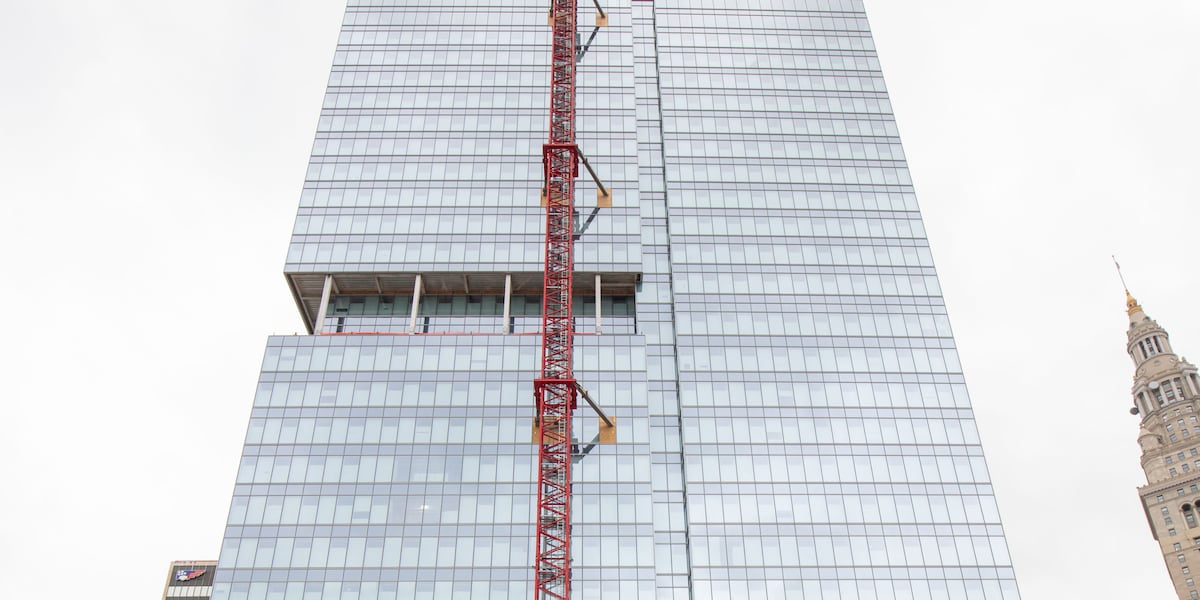
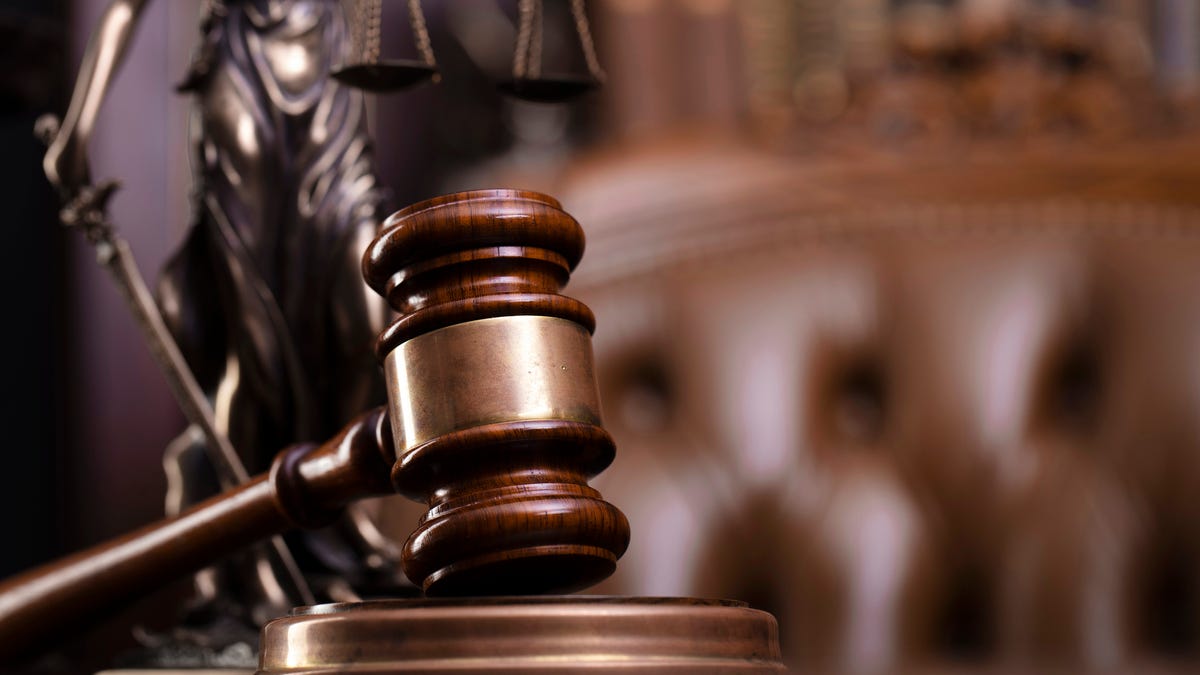
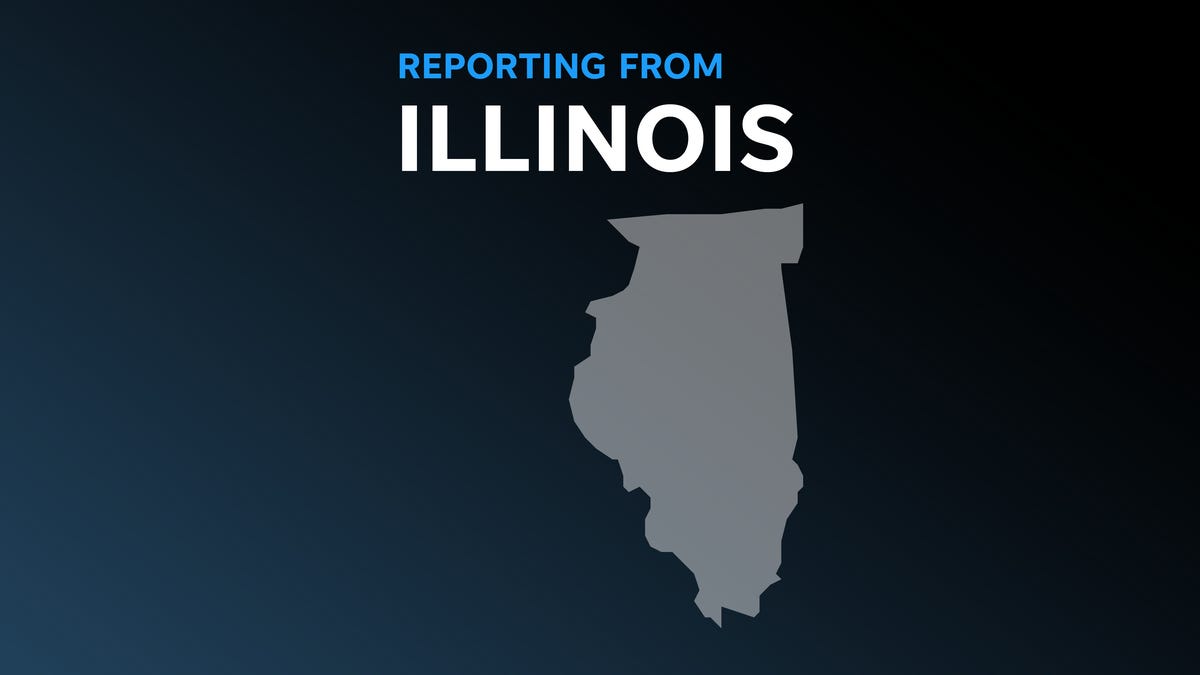
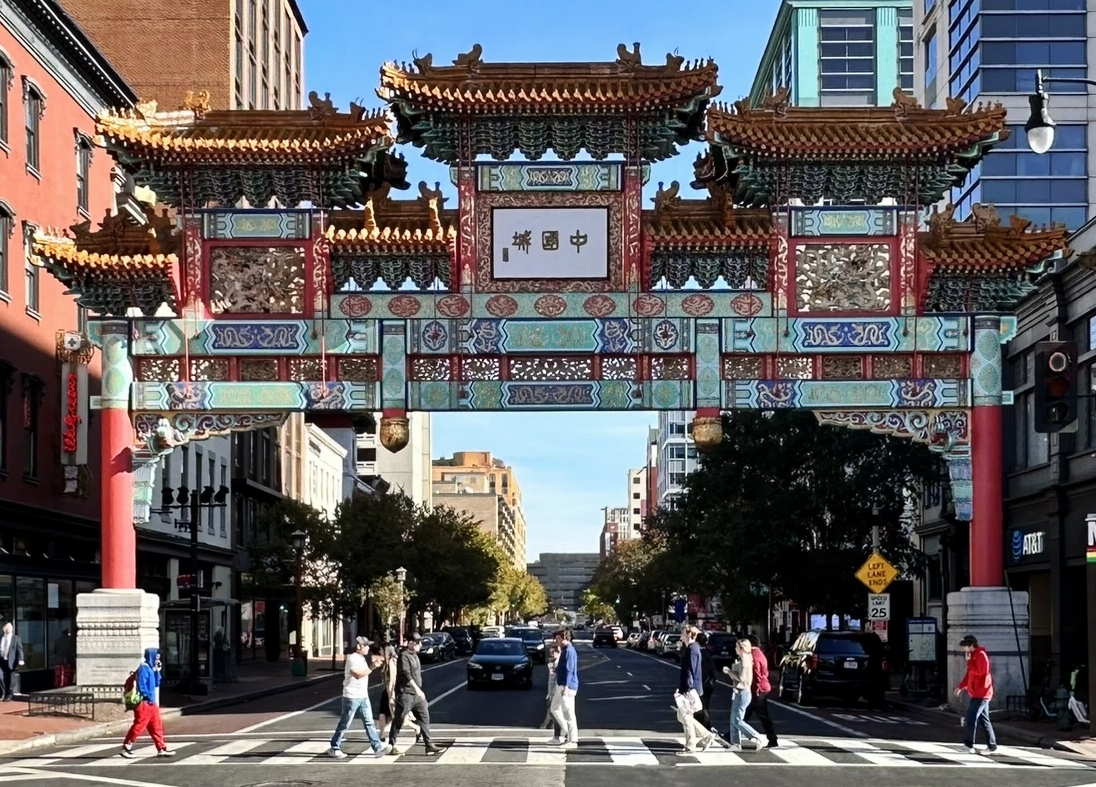

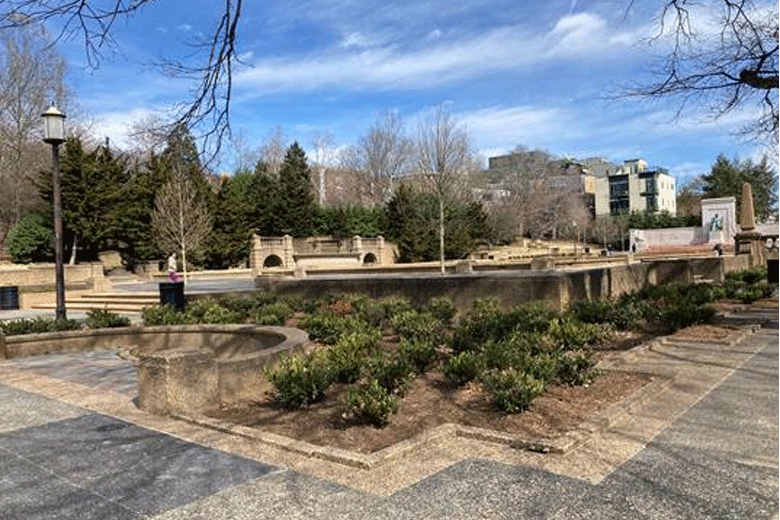




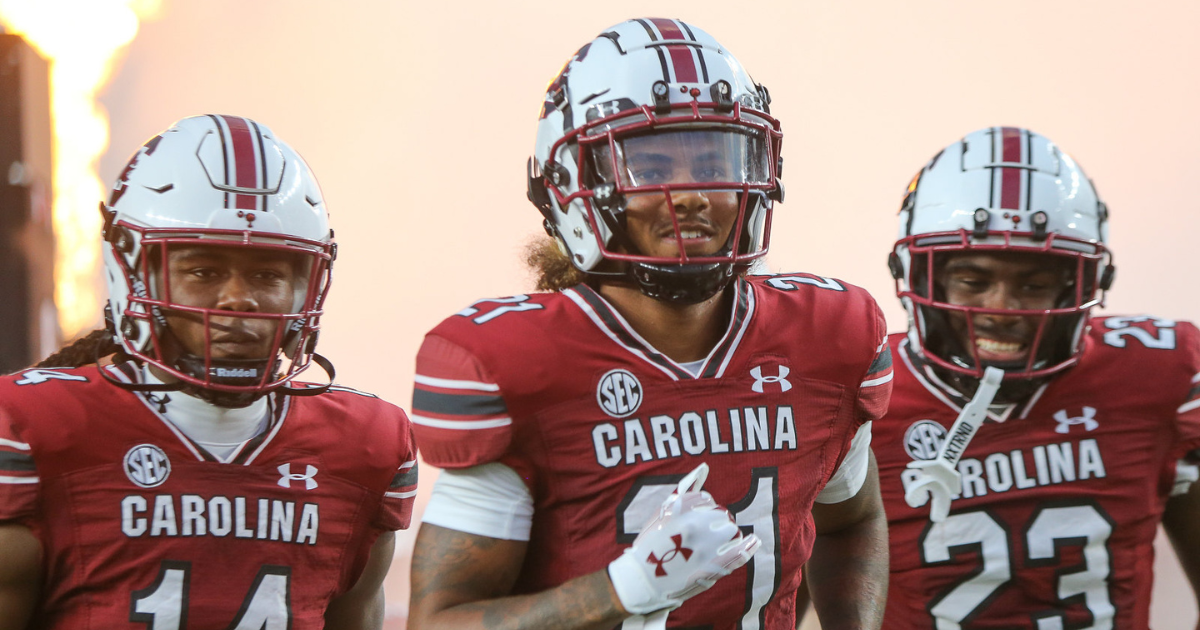














/cdn.vox-cdn.com/uploads/chorus_asset/file/25789444/1258459915.jpg)

/cdn.vox-cdn.com/uploads/chorus_asset/file/25546252/STK169_Mark_Zuckerburg_CVIRGINIA_D.jpg)

/cdn.vox-cdn.com/uploads/chorus_asset/file/23951353/STK043_VRG_Illo_N_Barclay_3_Meta.jpg)
/cdn.vox-cdn.com/uploads/chorus_asset/file/24924653/236780_Google_AntiTrust_Trial_Custom_Art_CVirginia__0003_1.png)